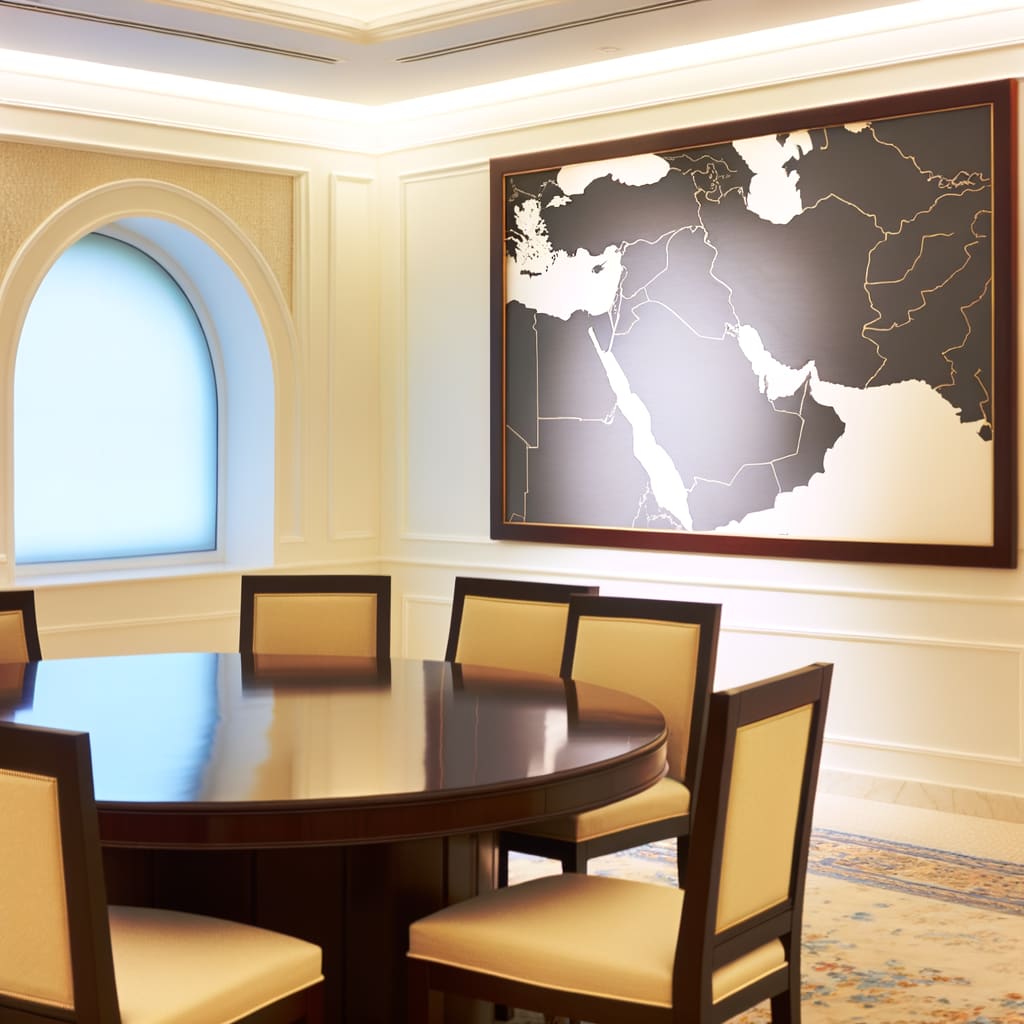Trump Asserts He Won't Allow Israeli Annexation of West Bank Amid Rising Global Pressure
In a significant shift in US-Israel policy, President Donald Trump has publicly asserted that he will not allow Israel to annex the West Bank, a move that has been under consideration by Israeli Prime Minister Benjamin Netanyahu and his far-right allies. This comes amid rising global pressure, with multiple countries recognizing Palestinian statehood and warning against Israeli West Bank annexation.
Background
Over the past weeks, numerous countries have lined up to recognize Palestinian statehood, marking a significant milestone for the Palestinian cause. This, however, has been met with threats of retaliatory West Bank annexation by Israel, prompting a wave of international concern.
Key Developments
Trump's stance was made public during meetings with Arab leaders on the sidelines of the United Nations General Assembly. I will not allow Israel to annex the West Bank. I will not allow it. It's not going to happen,
Trump was quoted saying, in response to a question about whether he had assured Arab leaders that he would prevent any annexation.
This comes as 178 members of the US Congress, including the entire Democratic House leadership, signed a letter warning the Israeli government against annexing Palestinian territory in the occupied West Bank or Gaza, stating that such a move would plunge the region into further chaos and violence.
French president, Emmanuel Macron, also revealed that he had presented Trump with a three-page plan on the future of Palestine, based on the New York Declaration, a document endorsed by more than 143 states that proposes to exclude Hamas from future rule in Gaza and the West Bank.
Repercussions and Reactions
Trump's declaration signifies a potential risk to Netanyahu's far-right coalition, which has been pushing for annexation. Netanyahu has vowed not to allow a Palestinian state, and in response to the recent recognition of a Palestinian state by several Western countries, far-right members of his cabinet have threatened to annex the West Bank.
However, this move could put the Abraham Accords, an initiative by the Trump administration that aimed to normalize relations between Israel and the Arab states, in jeopardy. According to Channel 12, Riyadh, Saudi Arabia could potentially declare the prospect of normalization dead, or once again close its airspace to Israeli flights if Israel pushes forward with annexation.
Furthermore, Australian PM Anthony Albanese warned Netanyahu that any move to expand Israeli settlements in the West Bank or annex parts of Palestine risks putting a two-state solution permanently “beyond reach”.
Conclusion
Trump's firm stance against Israel's annexation of the West Bank has the potential to shift the dynamics of the Middle East conflict. While it comes as a surprise given that much of the occupied West Bank is already de facto annexed and US officials have either condoned it or turned the other cheek when discussing it, it undeniably adds a new element to the ongoing discourse. The implications of this stance will undoubtedly shape future negotiations and developments in the region.

